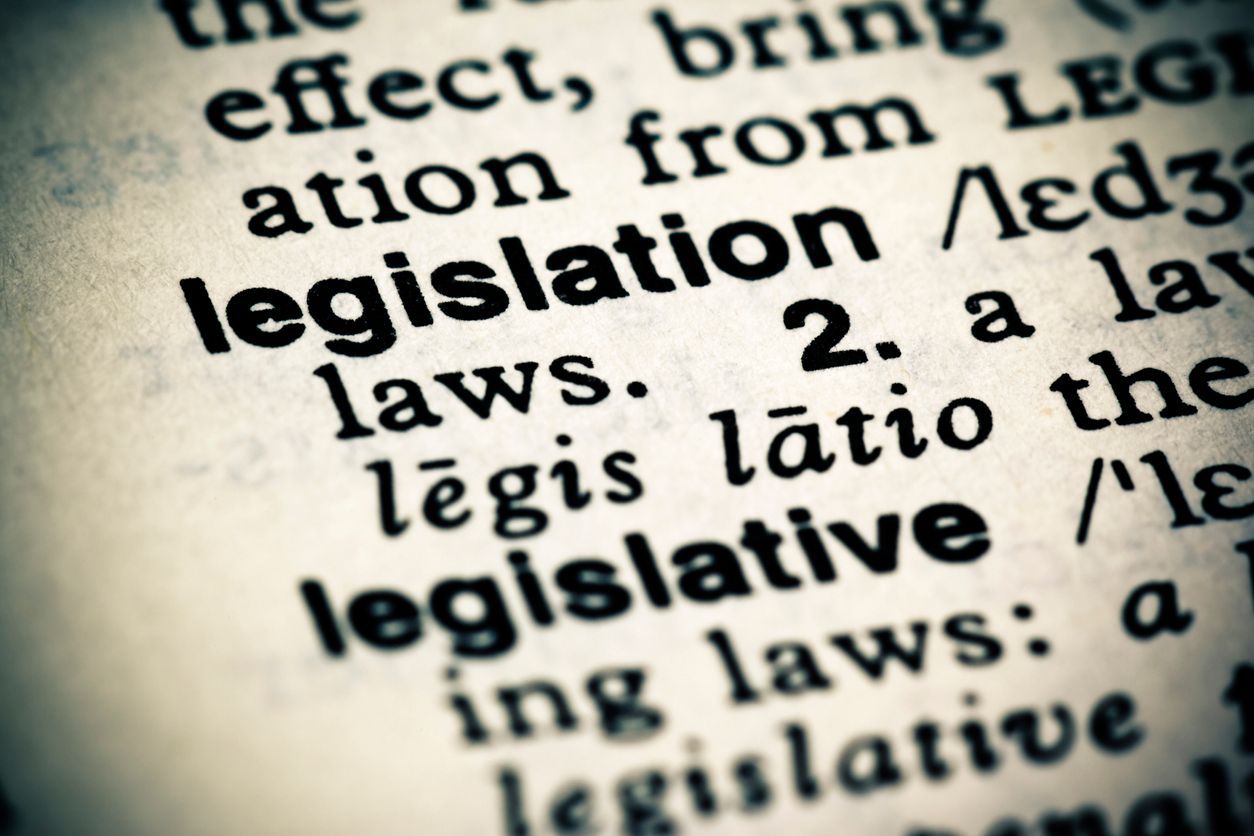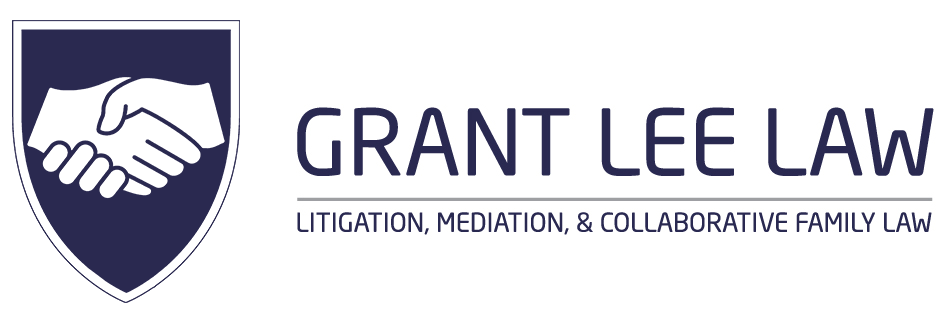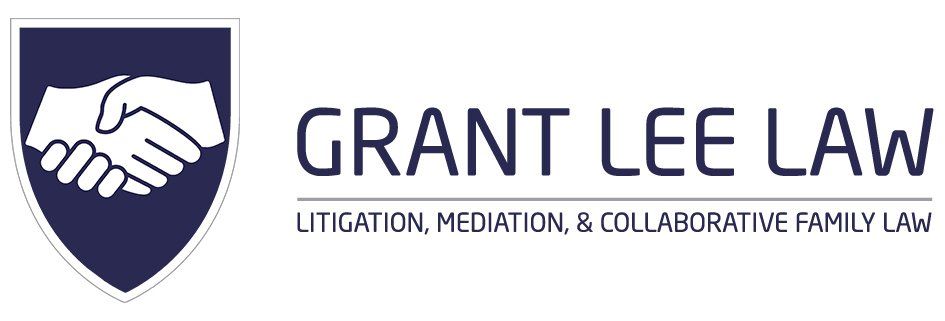Litigation: The Family Law Process. Legislation that May Apply to Your Matter
What legislations impact your matter?

In family law there are various legislations that may be taken into consideration when dealing with your family law matter depending on your circumstances. Below is a list of the legislations that may have an impact on your matter:
- Family Law Act
- Divorce Act
- Courts of Justice Act- Family Law Rules
- Children’s Law Reform Act
- Child Support Guidelines
- Spousal Support Advisory Guidelines
1) Family Law Act
The Family Law Act is a piece of legislation that is used in Ontario, and includes regulations surrounding property, support, agreements, restraining orders, and other issues in relation to family law matters. In Ontario, this Act governs the majority of issues within family law. If an individual and their partner were not married and maintained a status of being in a common law relationship, then their claims will fall under this legislation. Issues regarding division of property may only be dealt under this legislation.
2) Divorce Act
The Divorce Act is a federal legislation meaning it applies to individuals in Canada. This legislation can only be used for individuals who have been legally married and are seeking to be granted a divorce in Canada.
3) Courts of Justice Act- Family Law Rules
This Act primarily focuses on the procedures within family matters such as time limitations for filing, where to start your matter, serving documents onto the opposing party, answering a case, amongst other procedures. This legislation is extremely important for the parties and their lawyers to understand. If a deadline passes for which you needed to file an Answer or file and serve a Case Conference Brief, this can be detrimental to your case.
4) Children’s Law Reform Act
The Children’s Law Reform Act is legislation that addresses support and parenting arrangements. An Application may be started immediately under this legislation whereas if an Application is made under the Divorce Act, the parent will have to wait a year before the divorce is finalized and any order is granted. It should be noted that the Family Law Act also contains provisions regarding support and custody arrangements. It is best to speak to a lawyer regarding the legislation that can be best used to support you and your family law matter.
5) Child Support Guidelines
There are both federal and provincial Child Support Guidelines, and depending on your case, either may apply. Both Guidelines are legislated, meaning that they must be used to determine child support. These Guidelines are used to help you calculate the monthly table child support amount, and determine how special expenses will influence the payment calculation. The Guidelines determine the payable child support according to income of the parent who is paying the support, as well as the number of children that require support.
6) Spousal Support Advisory Guidelines
Unlike the Child Support Guidelines, the Spousal Support Advisory Guidelines are not legislated, and therefore act as a recommendation for spousal support calculations. Furthermore, unlike child support, spousal support is not an entitlement given to a spouse. Entitlement for spousal support depends on a variety of factors such as the duration of the relationship, the income of the parties, amongst other factors. However, within the Guidelines are 2 formulas that are taken into consideration when calculating spousal support. The 2 formulas are the “without child support” formula, and “with child support” formula. The “without child support” formula encompasses a formula solely for spousal support, understanding that there are no child dependants therefore no child support obligations. This formula is based on the duration of the marriage which then is used to calculate the amount and duration of spousal support. The “with child support” formula takes into account that there are dependent children, and child support is being paid.
To note, the above should not be taken as legal advice, and if you have any questions or concerns about your case please speak to a lawyer. To find out how we can help you with your matter, please visit our website at www.grantleelaw.ca/ or call us at 905-315-6837 to book your consultation now.







